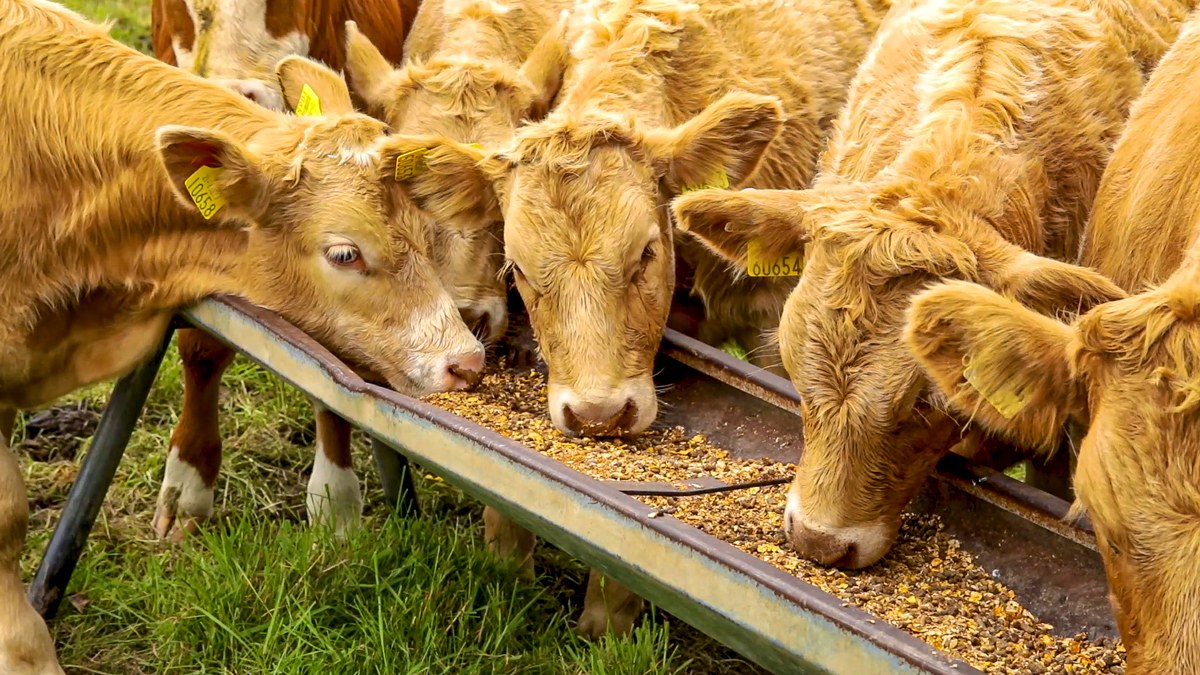Northern Ireland’s agricultural research institute has withdrawn its beef unit in Hillsborough, Co. Down from its licence for specialist animal research.
During the Tuesday night (August 18) episode of BBC Radio Ulster’s Farming Matters, the beef unit at the Agri Food and Biosciences Institute (AFBI) Hillsborough site was branded “no longer fit for purpose” and an “embarrassment” to the industry.
As part of the Department of Agriculture, Environment and Rural Affairs (DAERA) estate, the department is responsible for investing in AFBI’s facilities.
Establishment licences are overseen by the Home Office and administrated by the Department of Health locally.
The licence allows UK research institutes to carry out specialist animal research – for example, using fistulas and respiration calorimeter chambers.
It’s understood the institute made its own decision to withdraw its beef units from its licence because, without investment, the buildings had fallen into a state of disrepair.
The beef research unit at AFBI includes a suckler herd of 100 cows, as well as an annual intake of approximately 150 dairy-bred calves from the AFBI dairy herd, which are predominately Holstein bull calves.
The buildings are thought to be around 40 years old and will no longer be used by the institute. However, AFBI will still be able to conduct research elsewhere on its sites.
Speaking on Farming Matters, Ulster Farmers’ Union (UFU) Beef and Lamb Committee chairman Sam Chesney said: “We do understand that the establishment licence has been withdrawn from Hillsborough.
“To me, it’s probably the right thing to do. The facilities at present are an embarrassment to the beef industry. We wouldn’t want to see research carried out in such poorly-equipped buildings.
It would be an embarrassment for a supermarket from somewhere else in the world to want to see our research facilities and see such a poor place.
Chesney said a lot of the work – including feeding and mucking out sheds – had to be carried out manually at the site.
“It’s not ideal conditions for integral research… If it’s not properly equipped it can’t be done.”
Beef research will continue with a limited capability
Also speaking on the show, Dr. Steven Morrison, head of livestock and production sciences at the institute, explained that some beef research would be able to continue.
“From a scientific perspective, we have got limited capability in the buildings themselves, with work still available on the grazing platforms. We are exploring the possibility of carrying out some work at our Loughgall site as well,” he said.
It has limited our capability, but we are working very closely with DAERA and CAFRE [the College of Agriculture, Food and Rural Affairs] in the new development for the new facility.
“The new plans will take us through the next 20-30 years so it will allow us to do a lot of vision and forecasting for what the needs for the beef sector will be going forward,” Morrison added.
“I would nearly take it as a time to allow us to think well into the future to make sure that whatever we develop is future-proof.”
Responding to criticism that beef had been “left behind” by the institute, Dr. Morrison said: “From a facilities point of view, there has been a need to upgrade the facilities in terms of beef research, but in terms of investment, the investments have been ongoing in terms of beef research programmes.
“There’s a significant amount of work ongoing across AFBI, both here in Hillsborough and also across the other divisions, so we have got a wide range of beef research underway with new equipment purchased through our membership of, for example, the CIEL Partnership.
We’ve invested in individual food intake systems, the precision grass platform, and massively increased our ability to monitor what the animals are doing out in the grazing paddocks.
“The investment might not be exactly what we hoped to aspire for in recent years but there has been significant investment…and may the research continue.”
Editor’s note: This story has been updated to clarify specific details of the licence.

